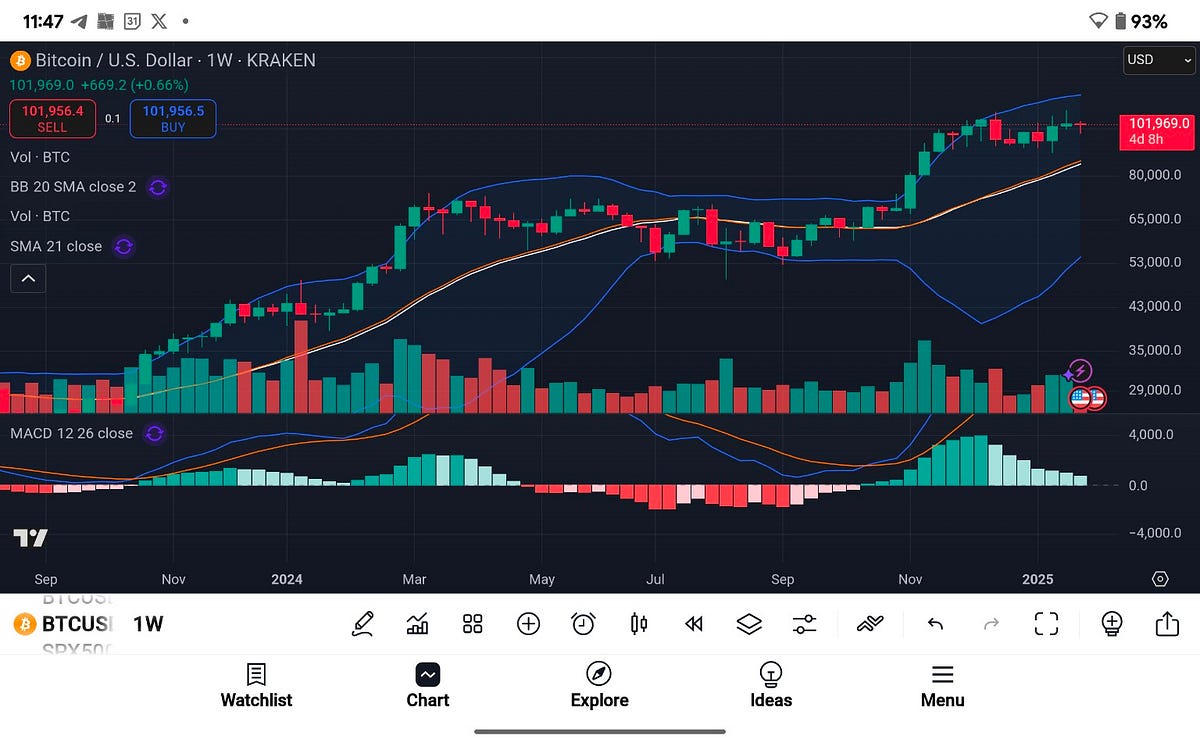
Blockchain technology has revolutionized industries, and real estate is no exception. One of the most transformative applications of blockchain — tokenization — is reshaping how we invest, buy, and manage real estate.
 Photo by Norman Wozny on Unsplash
Photo by Norman Wozny on UnsplashWith the global market for tokenized digital securities projected to reach $5 trillion by 2030, real estate tokenization is poised to lead the charge, growing from a $2.7 billion market in 2022 to a staggering $16 trillion within the same timeframe, according to the Boston Consulting Group.
So, what exactly is real estate tokenization, and why is it driving such immense growth? Let’s dive in.
What Is Real Estate Tokenization?

Tokenization involves creating a digital representation of an asset — such as real estate — on a blockchain. Through this process, a property’s value is divided into smaller, tradable units (tokens), which can be purchased by multiple investors or a single entity.
Using smart contracts, these transactions are automated and streamlined, making the process faster, more secure, and cost-effective.
For example:
• A $100,000 property could be divided into 100 tokens, each worth $1,000.
• These tokens can then be sold to multiple smaller investors, similar to crowdfunding, creating a more inclusive and liquid real estate market.
Key Advantages of Real Estate Tokenization
Lower Barriers to Entry
Tokenization democratizes real estate by allowing smaller investors to participate. Instead of requiring significant capital to purchase entire properties, investors can now own fractions, making the market more accessible.
Increased Liquidity
Traditionally, real estate investments are considered illiquid due to lengthy sales processes and high capital requirements. Tokenization changes this by enabling faster transactions and creating a more dynamic marketplace.
Cost Efficiency
Smart contracts automate many processes previously handled by intermediaries like agents, banks, and attorneys. This reduces costs, minimizes errors, and ensures transactions happen seamlessly when conditions are met.
Transparency and Security
Blockchain’s decentralized nature ensures all transactions and ownership records are stored on-chain, making them tamper-proof and publicly accessible. This fosters trust among buyers, sellers, and investors.
Why Real Estate Tokenization Is Gaining Momentum
Demand for Innovation in Real Estate
As industries across the board adopt blockchain, the real estate sector is turning to tokenization to address long-standing inefficiencies. From streamlining document management to improving security, blockchain offers a robust foundation for modernizing property management.
Regulatory Developments
The increasing clarity around blockchain regulations is paving the way for wider adoption. This legal framework provides confidence to investors and developers, spurring growth in tokenized assets.
Future Potential
Beyond fractional ownership, blockchain-based solutions aim to improve overall efficiency in the real estate industry. By eliminating single points of failure and ensuring data integrity, blockchain can transform not just how properties are bought and sold but also how they’re managed over time.
Looking Ahead
Real estate tokenization represents more than just a trend — it’s a paradigm shift. By combining blockchain’s transparency and security with real estate’s tangible value, this innovation is set to redefine property investment and management for years to come.
As we move toward a future where blockchain isn’t just powering virtual real estate but optimizing real-world property markets, developers, investors, and stakeholders need to stay ahead of the curve.
What are your thoughts on real estate tokenization? Could this be the game-changer the industry has been waiting for? Join the conversation below — we’d love to hear from you!
Revolutionizing Real Estate: How Tokenization is Reshaping Property Investment was originally published in The Capital on Medium, where people are continuing the conversation by highlighting and responding to this story.

 2 months ago
36
2 months ago
36









 English (US) ·
English (US) ·